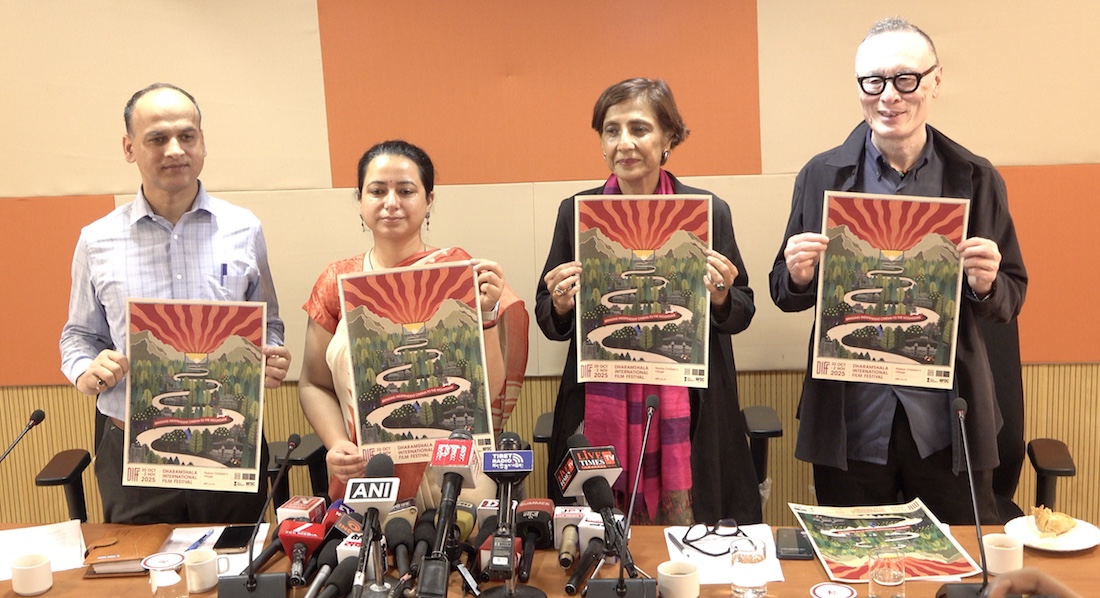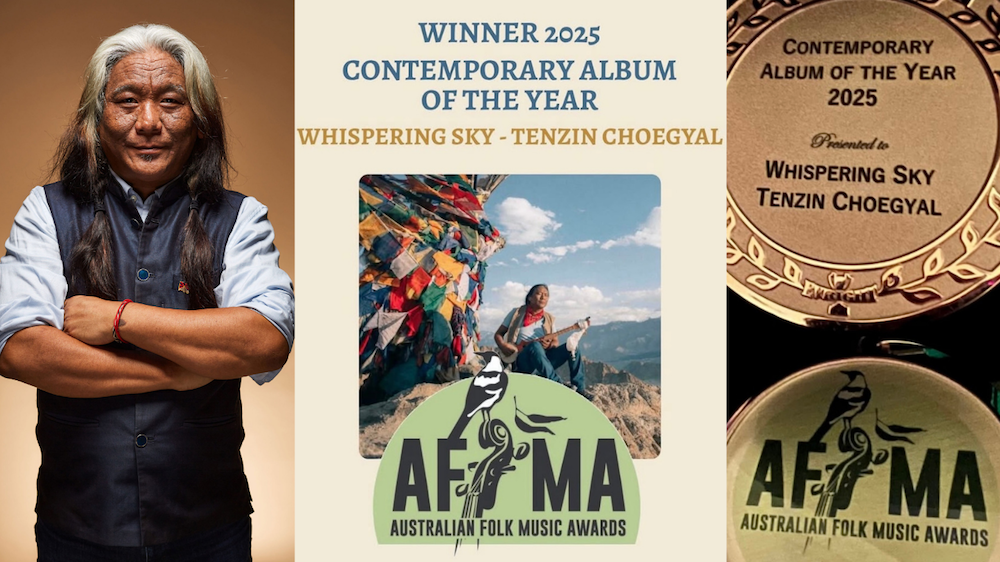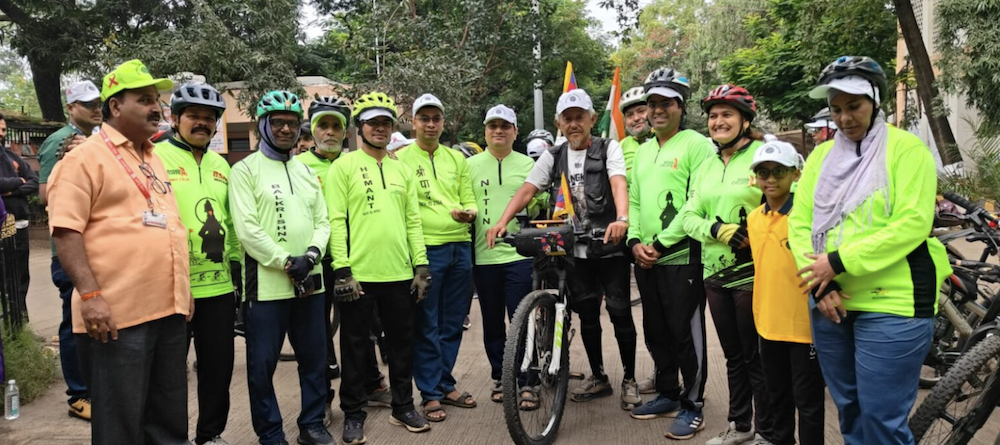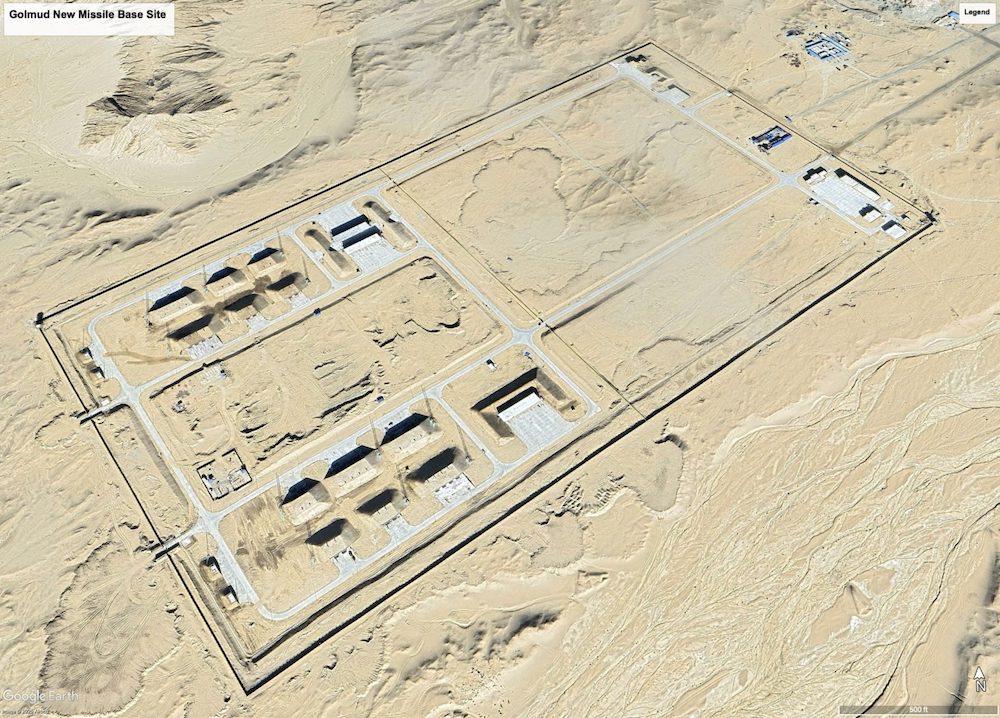By Tsering Namgyal,
St. Paul, Minnesota – Tibetans in Minneapolis on Saturday took part in a panel discussion on the upcoming Kalon Tripa elections, showcasing a lively spirit of democratic politics in practice in the exile community.
Panelists and audience – from all age groups – expressed their opinions on the significance of the election scheduled for March next year. They urged each and every Tibetan to cast their ballot to vote for their favorite candidates.
The discussion held at the community hall of the Tibetan American Foundation of Minnesota (TAFM), was organized by Tibetan Women’s Association (TWA), Minnesota chapter.
The session kicked off with a speech by panel chairperson Pema Dechen Gorap, a former member of the Tibetan parliament-in-exile and currently a journalist for Voice of America. Pema urged every Tibetan to learn more about the election process and the background and the agenda of the candidates.
Unlike in the past where such election processes had failed to get much publicity, voters now can easily access information about the candidates at the click of the mouse on the Internet, she said. The previous Kalon Tripa election managed to have a voter turnout of approximately 25%. It was the first time the Tibetan people directly elected their prime minister, or Kalon Tripa.
“While it is a matter of great pride that we unanimously elected Professor Samdhong Rinpoche to the post during the last two elections, the extremely low voter-turnout made it much less worthy of a celebration,” she said.
Indeed, all panelists agreed upon the necessity of raising the voter participation rate this time and ruminated on the ways to achieve that goal in the context of the Tibetan community.
Panelists first started with a five-minute speech in which they expressed their opinion on the upcoming ballot and the qualities of an ideal candidate.
Tenzin Khando, a panelist and newly elected board member of Tibetan Women’s Association, said she believed that it is important to elect a well-rounded person who would best serve the interest of the Tibetans in the world.
By the end of the next Kalon Tripa’s term, His Holiness the Dalai Lama would already have reached the age of 81, said Khando, an English literature graduate of the University of Minnesota, Twin Cities.
Panelists and audience also debated on the importance of having a younger candidate this time.
Thinley Woeser, formerly the president of TAFM, suggested that perhaps it is time for the younger generation to take up the baton this time. It would symbolize a departure from the Tibetan practice of deferring all political matters to “high people, high lamas, and aristocrats (kudaks),” he said.
Not everyone agreed with Thinley though. Tenzin Jigme, a panelist, believed that “experience” is important at this point since the democratic system is relatively new in the context of the Tibetan community in exile, continuity is perhaps more important than change. “We need to cherish what we already have,” he said.
Pema Dechen Gorap opined that while His Holiness the Dalai Lama has indicated the possibility of a female or a young candidate, such a suggestion might perhaps not be taken “so literally.”
Some stressed the candidate’s ability to transcend regional or religious divides. Wangyal Ritzekura, a panelist, said that of the many qualities that are needed in the next prime minister, one that trumps all others his or her ability to earn the respect of all the Tibetans, regardless of religious, regional or socio-economic origins.
Others pointed out the importance of their experience and knowledge of India, the host country.
Among the audience, Thubten Dadak, one of the first Tibetan immigrant to Minneapolis, said since the Tibetan community is based in India, one of the many qualifications that people should look for in that person is his ability to navigate the Indian bureaucratic system.
“For all practical purposes, I would say it is extremely important for him to have a good knowledge of the workings of the Indian system and its culture, its philosophy – and earn their respect,” he said. “We live in India after all.”
Current Prime Minister Samdhong Rinpoche, before he entered politics, was the head of the Central Tibetan University in Sarnath, India.
Amongst the many candidates in the running, currently leading the straw poll are Lobsang Sangay, a research fellow at the Harvard Law School and Tenzin Namgyal Tethong, a former minister in the exile Tibetan government and visiting lecturer at Stanford University.
Despite the lively exchange of views, the discussion came laced with good dozes of Tibetan humor.
The preliminary election for Kalon Tripa will be held across the Tibetan communities on October 3, 2010.
More information on the candidates can be obtained at www.kalontripa.org









